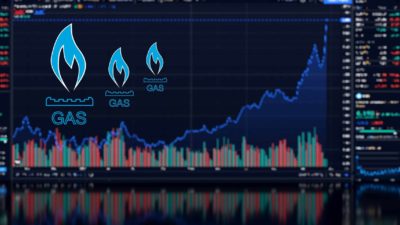With today being another very volatile day on the ASX and in international share markets, I think Magellan Global Trust (ASX: MGG) could be the best way to ride it out.
Magellan Global Trust is a listed investment trust (LIT) operated by Magellan Financial Group Ltd (ASX: MFG) to invest in international shares.
Indeed, it doesn't aim for just any international shares, but the highest-quality shares that the Magellan investment team can find.
I think it's an impressive top holdings list which includes: Alphabet (Google), Apple, Facebook, HCA Healthcare, Kraft Heinz, MasterCard, Microsoft, Oracle, Starbucks and Visa.
It's the type of portfolio that is growth-focused enough to grow faster than the MSCI World Net Total Return Index (AUD) but it also has defensive qualities to fall less in a correction, particularly with its 20% cash holding in the portfolio.
Over October the index fell 5.4%, yet the net asset value (NAV) of Magellan Global Trust only fell 2.9% after all fees. Over the past year the trust's net portfolio performance was 13.2% compared to the index's 9.4% return – an outperformance of 3.8%.
Investors should rightfully seek low management fees – high fees can cripple long-term net returns. However, Magellan Global Trust (and the longer-running unlisted funds of Magellan) has proven that it's possible to materially outperform despite a fairly high management fee. It's the highest net return that wins, no matter whether the annual fee is 0.04% or 1.35%.
I also like that Magellan Global Trust seeks to give investors a distribution yield of 4% on the NAV with a 5% discount for distributions that are re-invested. This combination of good total returns with a decent yield means the Magellan Trust can suit almost any portfolio.
Foolish takeaway
Whilst you're unlikely to see Magellan Global Trust outperform by more than 5% per annum over the long term, a few percentage points of outperformance over 10 years can translate into thousands or tens of thousands of dollars of outperformance.
It's not a bargain today, but it is trading at a discount of around 1% compared to the intraday indicative NAV per share.








